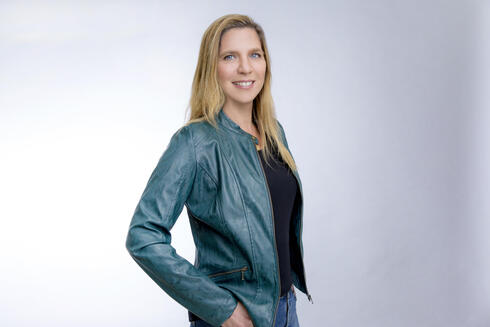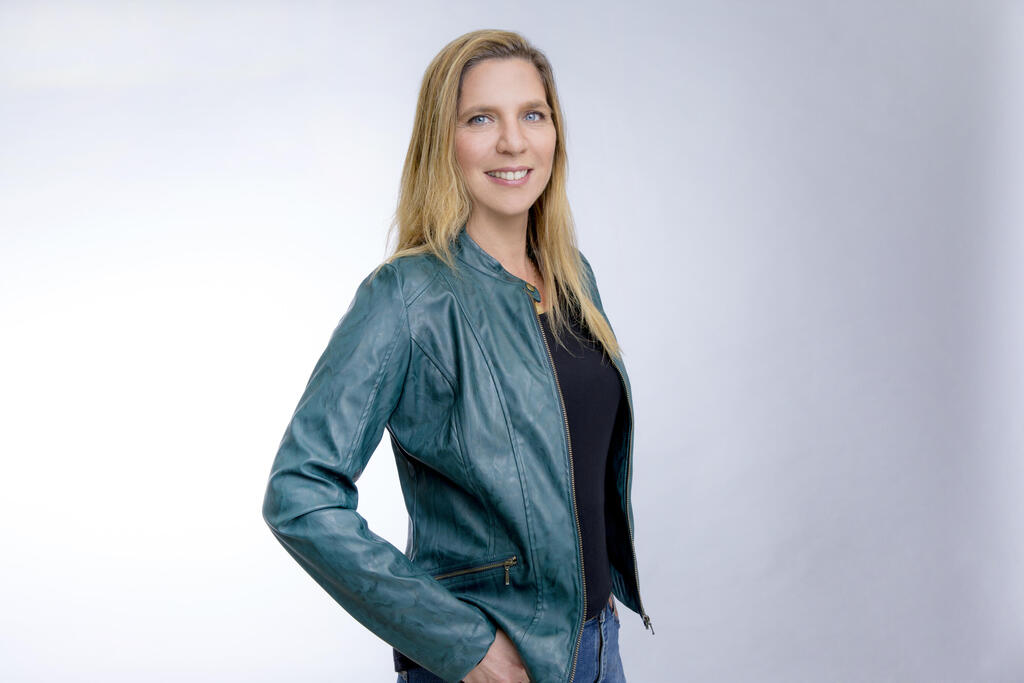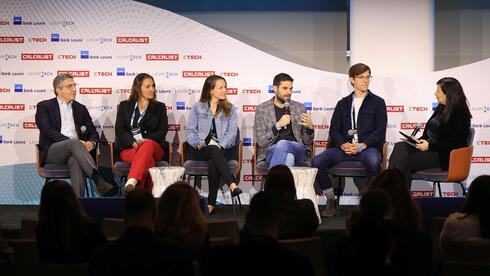
She-VC
“We need a dual movement from both the industry and from women”
Merav Weinryb, VP & Managing Director, Europe & Israel at Qualcomm Ventures, sees things refreshingly different, believing the burden of change lies with both genders
"Are women and men the same? According to the literature I have read, the answer is no. Girls and boys have different preferences and are brought up differently. People from social sciences talk about it all the time yet we are discouraged from doing so. After talking to many female founders it is clear to conclude that we are different in other ways as well. Our voices are different, we speak differently. Some don't agree with me, however, I am of the opinion that we as investors see hundreds of founders and we have a clear image of what a successful entrepreneur looks like. Women can benefit by making adjustments," said Merav Weinryb, VP and Managing Director, Europe and Israel at Qualcomm Ventures, sharing her advice for women entrepreneurs aiming to break through the glass ceiling.
“Women also have a tendency to sometimes add too many question marks at the end of their sentences. I don't want to overstate it, it's a delicate issue," added Weinryb. "Bottom line is men and women are different. Now we need to realize it and see how we can adapt."
1 View gallery


Merav Weinryb VP and Managing Director, Europe and Israel at Qualcomm Ventures
(Inbar Marmur)
Weinryb did not feel different growing up. “When I was younger diversity was not on the table, no one discussed it and it was never an issue. I didn't see or feel the glass ceiling, I believe that it helped me to not see it."
The first time Weinryb noticed it was around the age of 35. “I didn't think women needed empowerment, for a long time I felt we were equal. I recall a sales meeting with 100 people, and the amount of women in the room disturbed me yet it still didn't register that much. Over time, I began to see things differently. I started to notice the numbers and I heard the discussions. Sivan (Shamri Dahan) and I began to count the dealflow. We came to the realization that we need to create role models and I thought to myself that I could help as at this point I was in the industry long enough and there were many stories of investors looking differently at female founders.”
Weinryb was born in Jerusalem and grew up in Ra'anana. “I did my first degree in the Technion in engineering. After that, I went to Silicon Valley, this was just before the first bubble burst." Two years later she returned and worked in a startup before eventually doing her MBA in France. “When I got back I worked at Comverse for two years, in M&A. I had targeted the VC industry since business school, however, I wanted more business experience and knowledge before stepping into the VC world."
After Comverse, Weinryb joined venture capital firm Pitango. She worked there as a principal for four-and-a-half years before moving to Intel Capital and eventually landing at Qualcomm Ventures in 2014.
“I am the head of the global corporate venture arm of Qualcomm. We are the leading semiconductor company worldwide, with many mobile phones using our technology.”
Qualcomm Ventures has been active since 2000 and was founded in an effort to help the ecosystem grow. “Today we invest in mobile, 5G, communications, automotive, AI and others. We are three partners and my day to day is all about making good investments. We first look from a financial perspective and then at startups that have a strategic angle.”
Qualcomm Ventures invests every year between $100-200 million. Investment is made from the balance sheet, so there is no budget, and is stage agnostic.
At the Women Founders Forum (WFF) where she is a co-founder, Weinryb sees her mission as offering value to her fellow women. “I see the imbalances, I think women need help. Upon taking a closer look I noticed the glass ceiling has many aspects. It is not only a matter of chauvinism or discrimination. It is more complicated and delicate than that.”
One issue Weinryb stears away from at WFF is dealflow. “Every year there are ten times more male founders than female founders which statistically presents a challenge. It is a funnel."
Weinryb explains this as her motivation for launching WFF. “Women need to develop capabilities in order to get ahead. They need to learn soft and hard skills. Lets not forget that many investors are men. However, the industry should move also. We need a dual movement from both the industry and from women.”
CTech's She-VC series follows the stories of various female partners and senior managers in venture capital funds in Israel. Only 16% of partners in Israeli venture capital firms are women, and only 9% are investing partners. This poses a liability regarding how many female founders will be able to receive investments and it speaks to the industry as a whole.
Have you felt being a mother affected your career?
“Of course, on my first maternity leave I had two people join the team and I was scared for my position. I didn't take the full six months and I am sorry about that. I was wrong as well, no one took my place.”
Weinryb has two children who are now 20 and 17. “It was always a balance. My husband was always very active, that was definitely important. It was harder back then, I had no time for hobbies but it was my choice. I remember times where I didnt sleep, I worked crazy hours, I needed to be Wonder Woman. However, I know it's possible. You need to choose where you want to put your emphasis, how many days you want to be with your kids versus how many days you stay late. It's doable and it's a choice.”
When asked about her tips for success Weinryb replied: “The most important lesson I have learned is that if you keep looking at the glass ceiling you will reach it faster. If you believe it is blocking you it will. I had the opposite experience.
"The other thing is finding a good mentor, training and learning. Just aim high and you'll get there with hard work. I highly recommend watching how successful people have done it, just go on YouTube and learn. I learned to find my voice and get out of my comfort zone. Everyone needs to do it, not just women, it’s just that women need to do it earlier if they are pitching or meeting boards.” Weinryb concludes: “Almost nothing is female specific but in today’s world we still need to adopt some male attributes. Hopefully, down the road it may change once there are more female role models. My daughter and her generation are already growing up differently. It's slow but steady.”














